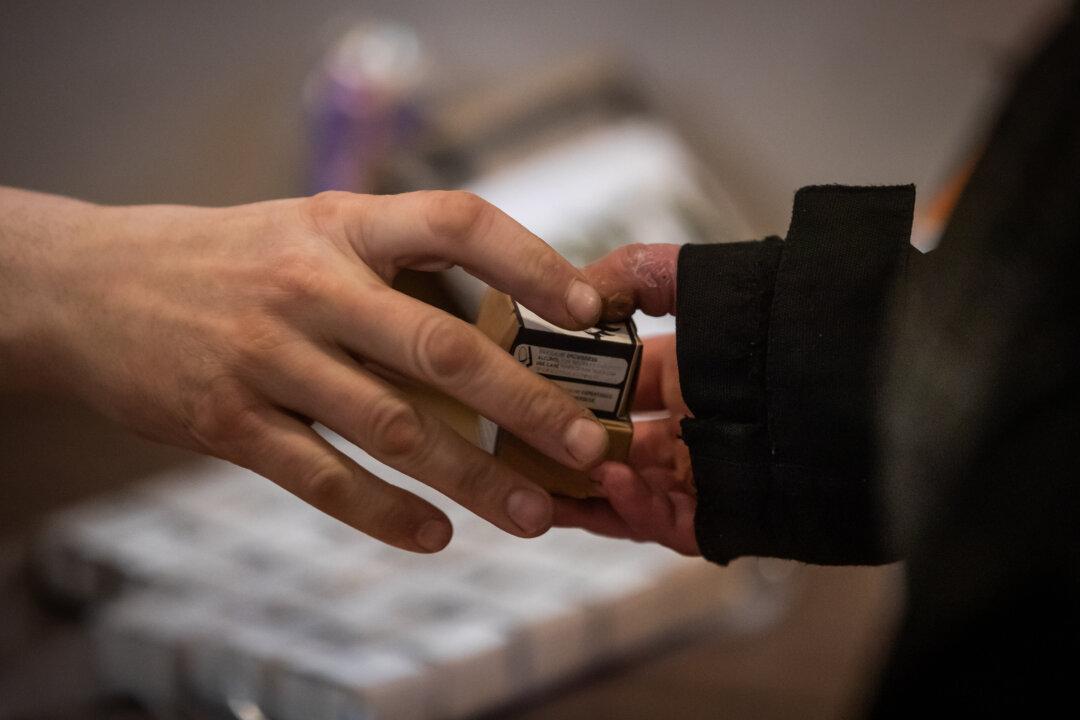The number of British Columbians hospitalized due to opioid overdoses increased after B.C. launched its drug decriminalization and “safer supply” policy, a new study shows.
B.C. received Health Canada’s permission to allow possession of small amounts of illicit drugs in a three-year pilot project, which started in January 2023.





